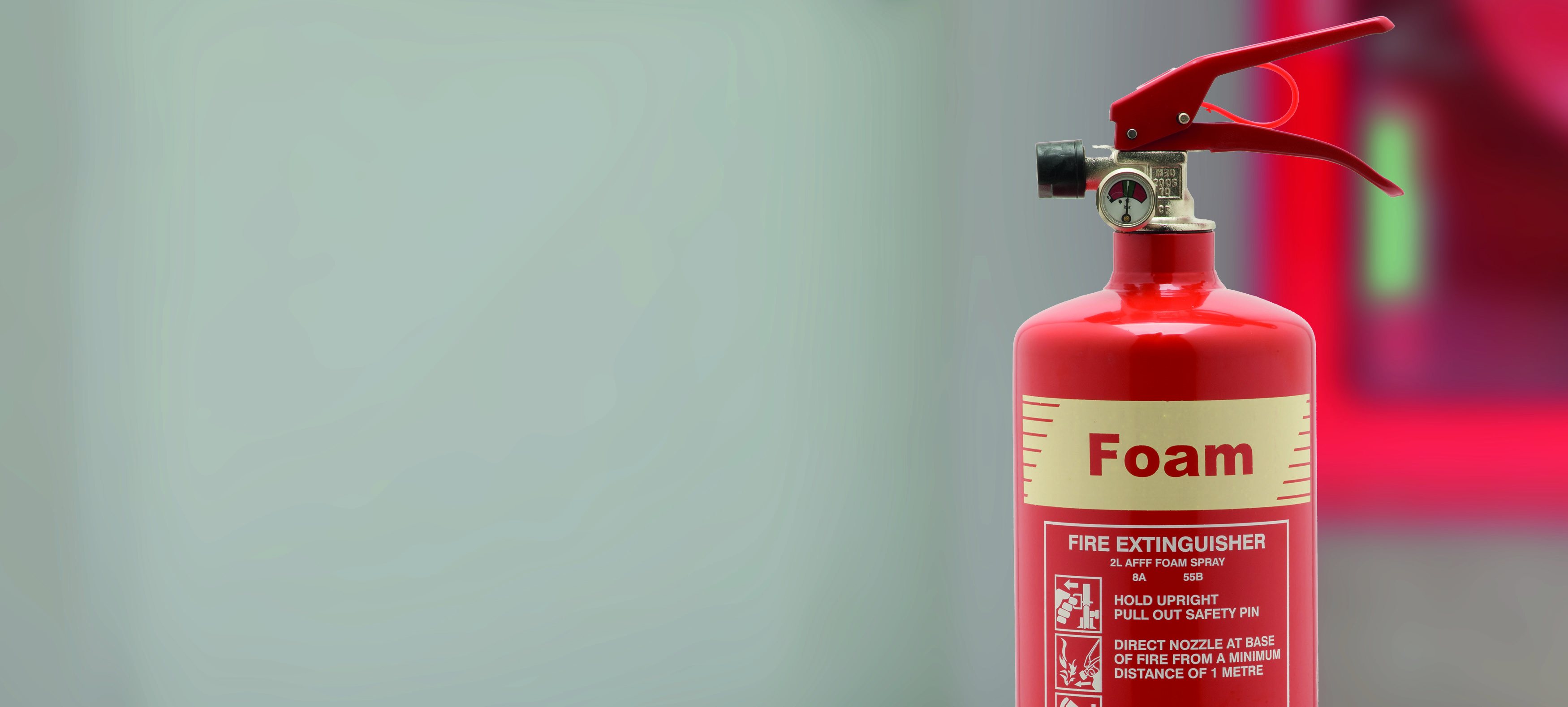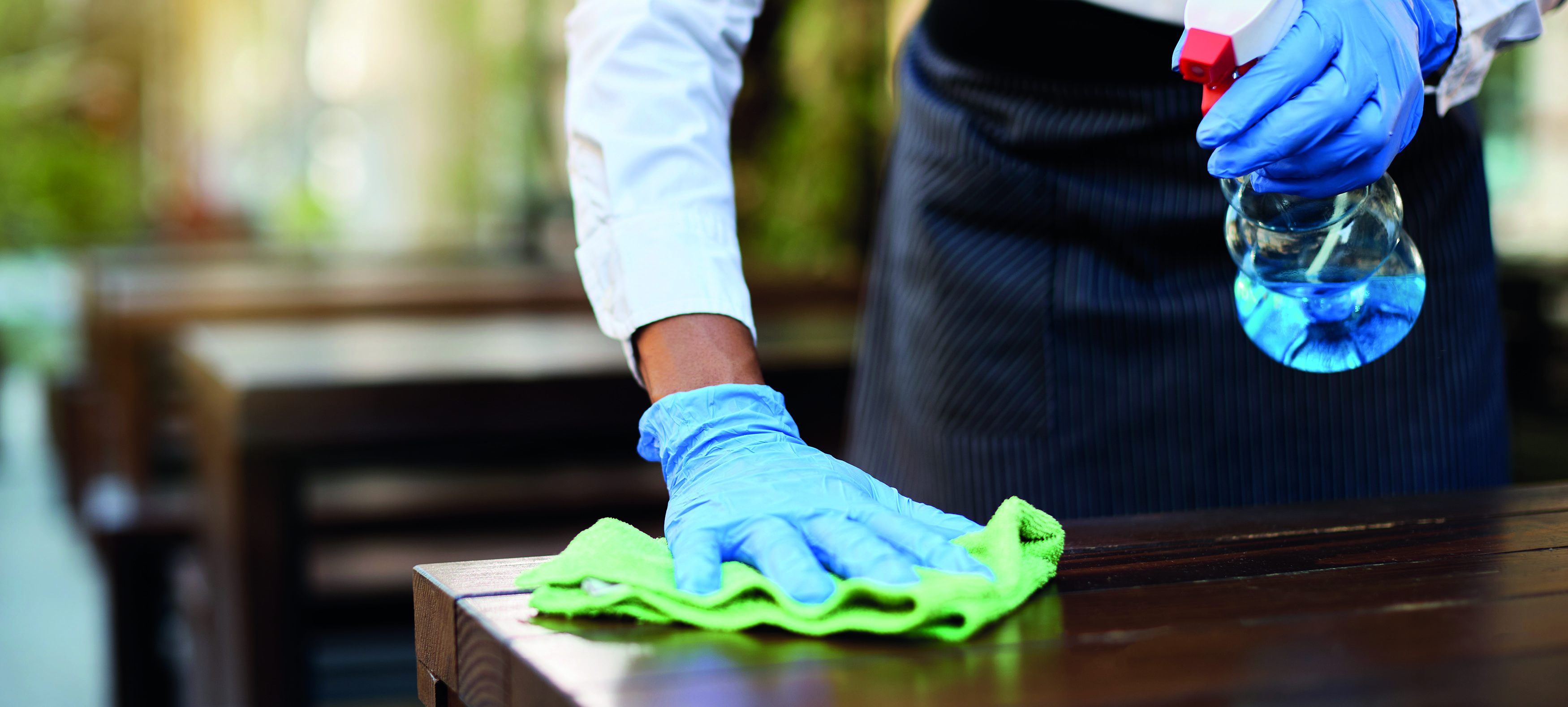As Brexit looms and the effects of the Covid-19 pandemic continues to impact jobs in the hospitality sector, it is predicted that many out of work chefs will turn their hand to producing and selling their own artisan produce, using savings, furlough cash or redundancy cheques to fund their new business. There is also expected to be a flurry into the sector of those from other industries who discovered or developed their artisanal and creative passions during the first months-long UK-wide lockdown.
The UK’s food and drink production sector is one that is fairly robust when times get tough. According to a report by the Institute for Manufacturing (IfM), commissioned by the Food and Drink Federation, food and drink is a significant and resilient element of the manufacturing sector. It represents over 15% of manufacturing turnover and employment, and through the last recession it was the sector that reduced its output the least and returned to pre-recession output levels the fastest.
The food and drink industry is the UK’s largest manufacturing sector, contributing £31.1bn to the economy annually and employing 450,000 people, making food production business an attractive area in which to start a business. 96% of the UK’s Food and Drink manufacturing sector comprises small and medium sized enterprises, and both large and small businesses have experienced growth over the last five years.
The sector’s bounce back during the last recession was driven, in part, by the growth of the artisan food production across the UK and today, many attribute the recent British food renaissance to those ventures that were born out of its ashes.
The nature of the food industry is that it presents those looking to set-up a business with low ‘barriers to entry’ and a potentially fair reward in return for hard work. Cooking, serving or producing food has been the first rung on the ladder for many young entrepreneurs throughout the generations.
However, there is more to setting up a food production business than a brilliant idea and a great product. After you’ve tried and tested your product on friends and family, thoroughly researched your market, investigated your competitors and worked out why customers want to buy and what you have to offer, don’t just think that you can open up for business the following day.
One thing that many new food operators don’t think about when starting-up is the impact of food safety on their business and how it needs to sit at the heart of their operation. Safety in food manufacturing is complicated, with much to learn. The food industry is heavily regulated, carefully monitored, and subject to more stringent hygiene and health and safety legislation than most other sectors. These rules and regulations need to be thoroughly understood before any products hit the production line.
Yet safety shouldn’t be something to fear and can only strengthen your business as it helps to improve your standards. When you operate with legislation, guidance, audits, and inspections front of mind you
have a comprehensive overview of your company’s compliance and safety standards. All of which ensure that your products are produced in a safe and saleable condition.
From making contact with local regulators, ensuring premises are compliant and understanding legislation and guidance, to putting in place a ‘food safety management procedure’ and designing and implementing your audit trail, there is much to think about, learn and record. This can often seem daunting, especially when understanding the finer details of the law can make all the difference when it comes to keeping your production line open, but it doesn’t have to be.
When it comes to meeting your food safety obligations, there are options available to businesses on how to tackle these. You don’t necessarily have to roll up your sleeves and do all the grunt work yourself. A great first place to start is with tech.
When your business revolves around making a great quality product, often the last thing you want to be doing is spending large swathes of your time on admin. The right tech can help you with this, taking the weight out of the paperwork and reducing the time spent in completing and recording it.
The maintenance of food safety checklists and quality assurance documents requires the management of large amounts of data. A convenient due diligence app or safety checks app that assists with the management of the documents and workflows involved in your safety process can not only improve daily business operations but also save you time. Risk management software or platforms can also assist with any processes that include the management and archiving of training and certification records, statistics, and data collection and analysis.
External experts can also be a great support. Getting to grips with the rules and navigating the legislation can be both overwhelming and time consuming, which is often where a food safety consultancy can help to alleviate the burden. By working with a specialist safety consultancy, you can get the benefit of their experience, as well as ensure that your audits and procedures are written in-line with the most up-to-date legislation and best practice.
An expert food safety specialistcan also work with you to produce checklists, audits, detailed action plans to aid you in making any necessary improvements, as well as train both you and your team in food safety and hygiene. Safety consultancies deal with food safety in a production setting on a daily basis and have huge amounts of experience in the design and implementation of the processes involved. As a result, they can call upon this wealth of knowledge to make a real difference to your business.
Running a food business can be so much fun, especially if this is in line with your passion, so when approached with a clear vision, open eyes, the right attitude and hard work, it can really pay off. And, while there’s a lot to consider when it comes to operating a business, both safety and compliantly, by understanding the law, getting the best advice, taking the right steps and putting the correct measures in place from the beginning, you can safeguard your business, ensuring that it gets off on the right foot from the very start.



